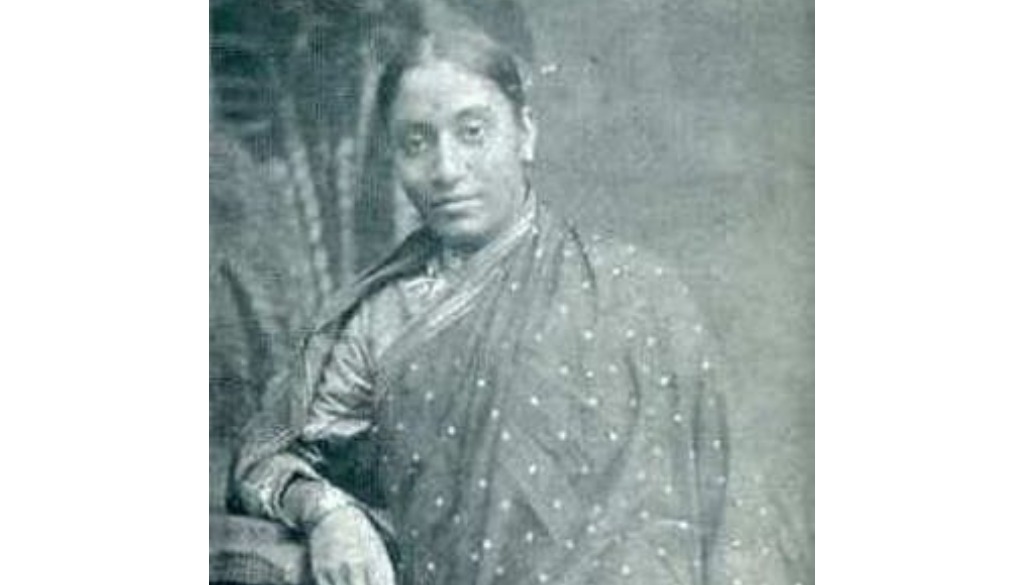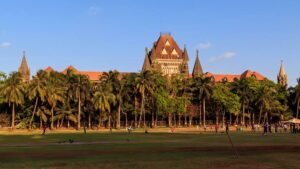Mumbai: The Remarkable Legacy of Rukhmabai: Champion of Women’s Rights and Social Reform

Mumbai,15th September 2023: In a time when women’s rights were stifled and child marriages were the norm, Rukhmabai stood as a beacon of courage and determination. Born on November 22, 1864, in Bombay (now Mumbai), her life’s journey has left an indelible mark on the history of women’s rights in India.
At the tender age of eleven, Rukhmabai’s life took an unexpected turn when she was married off to Dadaji Thakur. However, it was her unwavering spirit and resilience that would later spark a transformative movement. When she reached the age of 19, Rukhmabai took a bold step by challenging her child marriage in court. This singular act would go on to trigger a fervent ‘age of consent debate’ both in India and England during the late 19th century, reshaping societal norms.
In 1885, Rukhmabai assumed the pseudonym ‘A Hindu Woman’ and authored two letters in the Times of India. These letters painted a poignant picture of the plight of Indian women, shedding light on their deplorable living conditions and societal constraints. Her words resonated deeply and became a rallying cry for those advocating women’s rights.
Rukhmabai’s determination led her to become one of India’s pioneering women doctors. In 1890, she earned her M.B. B. S. from the London School of Medicine for Women, breaking barriers in the process. She didn’t stop there; she established a hospital exclusively for women and children in Surat, displaying her unwavering commitment to the welfare of her fellow countrywomen.
During the harrowing 1896 plague epidemic and the devastating 1897 drought, Rukhmabai’s selfless dedication shone. Her relentless efforts earned her the prestigious title of ‘Kesar-e-Hind’ from the government, a testament to her humanitarian work.
But Rukhmabai was not just a medical professional; she was a fierce advocate for women’s empowerment and social justice. Her influential works, such as ‘Indian Child Marriage (an Appeal to the British Government)’ and ‘Purdah – the Need for its Abolition,’ served as a clarion call for change, challenging age-old customs and prejudices.
In 1918, Rukhmabai assumed the role of Chief Doctor of Saurashtra in the government hospital in Rajkot, further solidifying her legacy as a trailblazing figure in Indian healthcare.
On January 1, 1955, this remarkable woman, who had dedicated her life to the betterment of society, passed away. Her legacy lives on, serving as an enduring source of inspiration for all who believe in the fight for justice and equality.
Rukhmabai’s tireless efforts were part of a broader movement for social reform, paving the way for a more just and equitable society. Her courageous actions and unwavering commitment to change continue to resonate, demonstrating that even in the face of adversity, one person can make an indomitable impact.





